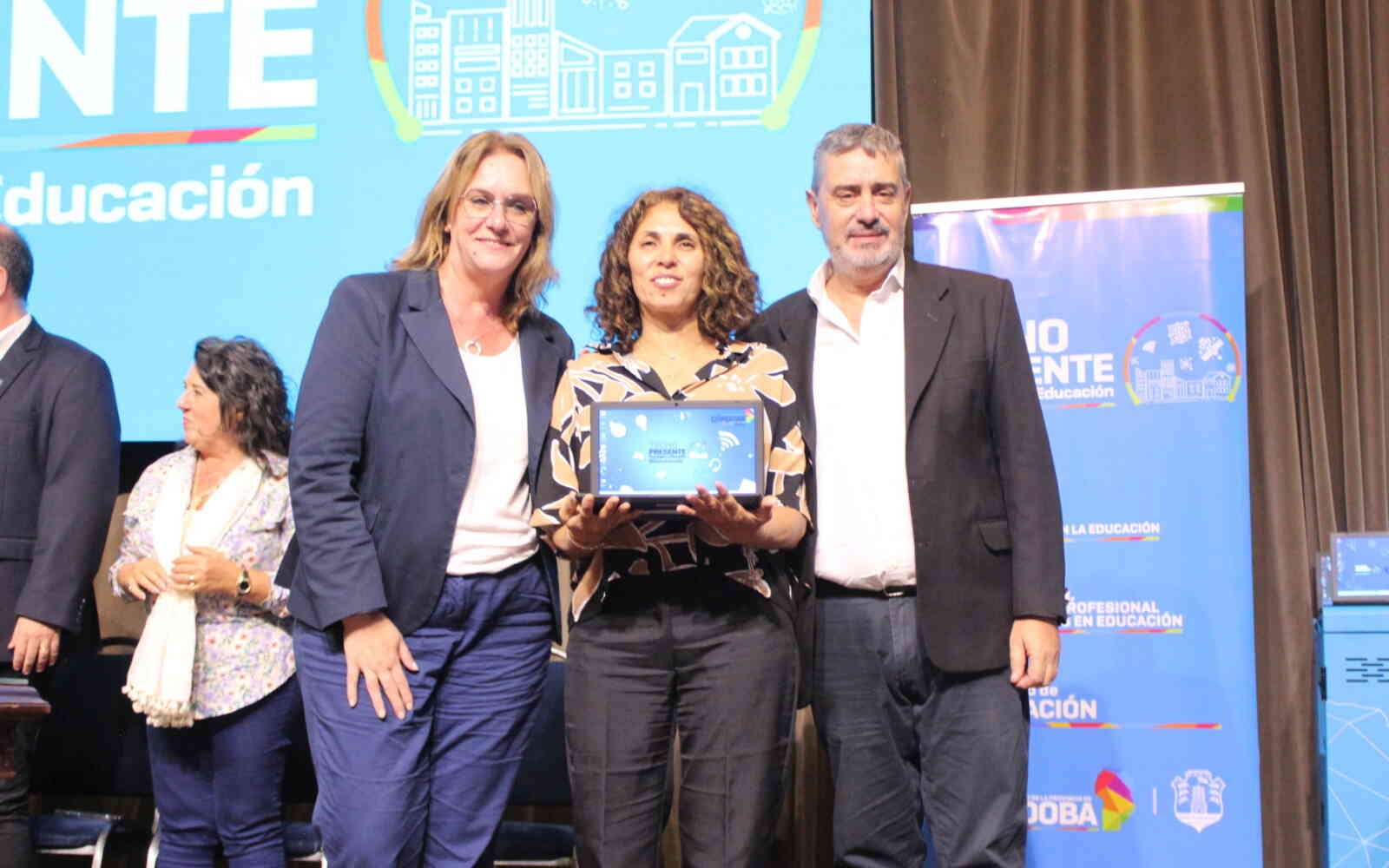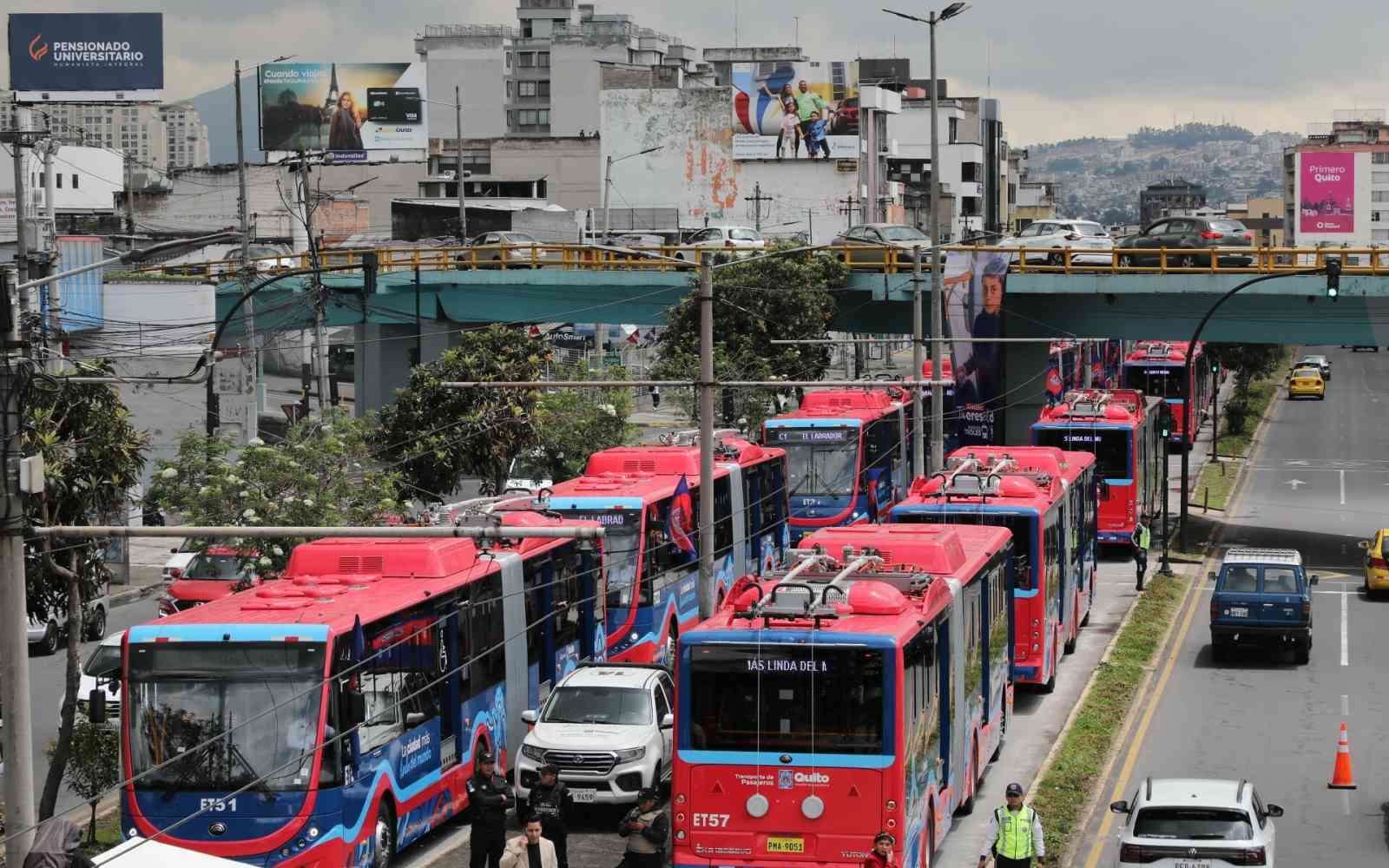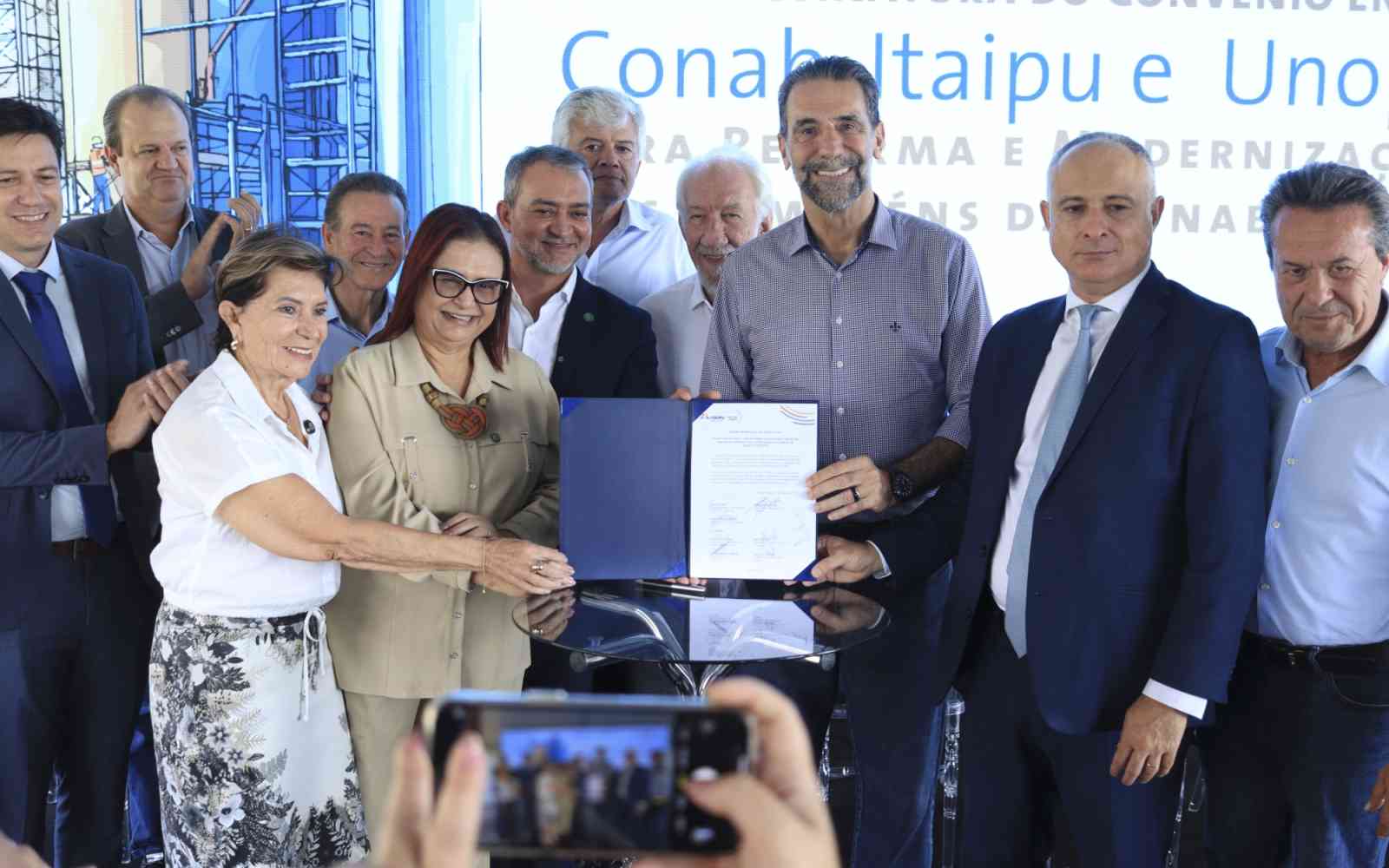The United Nations Office for Project Services (UNOPS)
Building better lives in Argentina

Ninety-three percent of Argentines live in highly dense areas, making it one of the most urbanized countries in the world. As a result, the country suffers from a shortage of adequate housing, urban sprawl, overcrowding and a lack of basic services.
The country's capital, Buenos Aires, is home to 15 million people alone, nearly a half of the country's total population. Across Argentina, through urban migration and continuing population growth, a housing deficit is estimated to affect some 3.8 million households.
To tackle urban poverty, and promote social and economic inclusion, the Ministry of Interior, Public Works and Housing has just launched a social housing programme to improve living conditions in vulnerable areas.
"Cities are the places where people look for new opportunities to advance socially and economically. Improving housing conditions is not only about the achievement of the Sustainable Development Goal 11, to ensure access for all to adequate housing and basic services by 2030, it is also about human rights," explained Giuseppe Mancinelli, UNOPS Deputy Director for Latin America and the Caribbean, on the launch of the new project.
Together with the Ministry's Housing and Habitat division, UNOPS will supervise the programme and provide technical assistance to help ensure that housing designs are resilient and sustainable, and aligned to the needs of those who will benefit.
The project aims to improve 609 homes, build 270 new ones and connect 550 homes to gas supplies, benefiting 1,400 families in total.
Communities will form organizations throughout the improvement works, which will take place over the coming 24 months, giving individuals a direct say in the improvement of their own homes.
Home with large families, single parents, families with children under eight years, and elderly or disabled members, will be prioritized in the Buenos Aires, Chaco, Salta and Tucuman provinces.
Social support will also be provided to participating families. Community workshops will be held to promote health, gender equality, employment, access to education and safety.
UNOPS will also organize workshops on infrastructure for public workers, purchase IT equipment and software to aid in this training.













